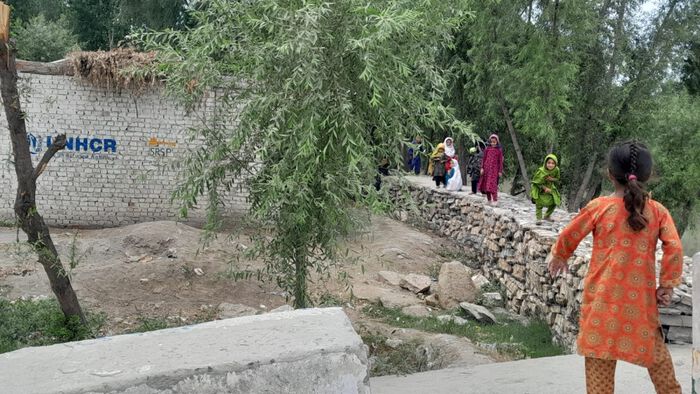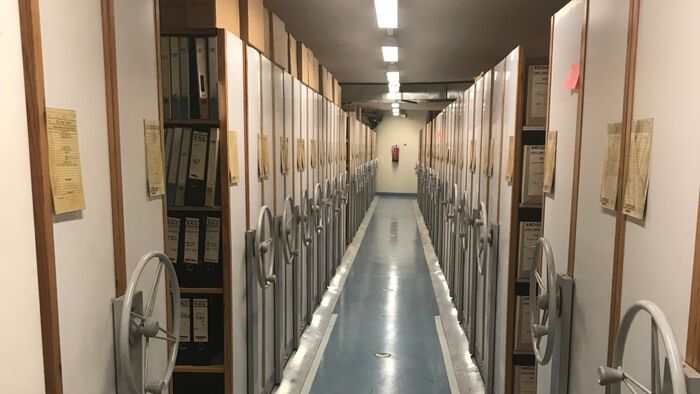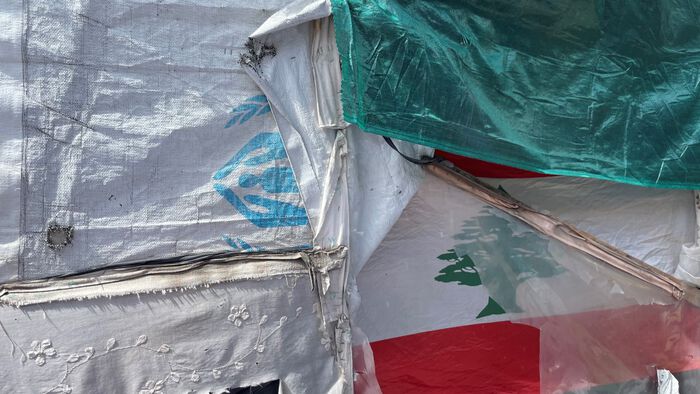Introduction
Alarming debates surrounding the return of Syrian refugees to their home country are reemerging in the region. With Syria being readmitted to the Arab League, refugee returns are increasingly on the agenda of recent regional talks. In Lebanon, widespread arrests and forced deportations of Syrians have taken place in recent months. Government preparations for large-scale returns revives the thorny question of who can be genuinely designated as a Syrian “refugee.”
"We will not deport Syrian refugees randomly," caretaker Minister of Information, Ziad Makary, recently declared in an interview about Syrian refugees in Lebanon. Weeks before, caretaker Social Affairs Minister Hector Hajjar had proclaimed to the media that “Lebanon’s government can ensure that Syrians who qualify as refugees would not be deported, by exchanging data with the U.N. refugee agency.” But can such assurances really be made? More precisely, who is included and who is excluded in such an assessment? In the current policy landscape, I argue that a distinction between those in need of protection and those who potentially are not is difficult, if not impossible, to make.
Categorizing and labeling Syrians in Lebanon
The myriad of categorization and labeling exercises targeting Syrians in Lebanon over the past decade has made it impossible for the Lebanese government to claim any certainty that a Syrian it deports does not have a right to be protected from refoulement.
The current bureaucratic categorizations simply do not enable a correct recognition of their situations. As my colleagues and I have argued in our research, for years, the government has deliberately blurred the lines between different categories of Syrians, even seeking to transform de facto refugees into economic migrants, with a profound impact on protection.
Our research has focused on how, and with what consequences, individuals fleeing the Syrian conflict to Lebanon are given various legal and bureaucratic labels by humanitarian and government actors.
Perhaps most important is the question of whether they are registered by the U.N.’s Refugee Agency, UNHCR, as a “refugee” or not. Such registration has in the past offered a degree of legal protection.
In May 2015, the Lebanese government nonetheless suspended UNHCR’s registration of Syrian refugees, effectively reducing the share of officially “registered” refugees. This moves left “unregistered” refugees with profound challenges to claiming their refugee status.
The later introduction of border regulations by Lebanon’s General Security (GS) resulted in allowing Syrians to lawfully stay in the country only by virtue of their registration certificate, or as an economic migrant under the sponsorship system.
Many de facto refugees were forced to obtain residency in Lebanon based on being economic migrants – which does not provide the international protection that refugees are entitled to. As Lama Mourad and I argued in 2018, the blurring of categories makes conditions for refugees precarious, and unduly complicates our understanding of who is seeking international protection in Lebanon.
Even though the decision of the GS was overturned in 2018 by the State Council, the GS did not cancel its decision. In fact, additional entry and residency decisions were introduced, most notably the 2019 decision by the Supreme Defense Council to deport those who entered through irregular crossings. This was followed by a GS decision to deport anyone who had entered through irregular crossings after April 24, 2019. As has been argued elsewhere, these decisions resulted in the first push for massive returns.
The numbers' game
The Lebanese government has argued that one way of securing that those with protection needs are not deported, is for UNHCR to share its registration data with the authorities. This request is problematic in many ways.
First, given the ban on new registrations, the number of UNHCR-registered refugees is unlikely to mirror the true number of refugees in need of protection against return to Syria. While Lebanon formally hosts some 805,000 registered Syrian refugees, hugely different figures have been produced when it comes to the actual number of Syrians in Lebanon. Government estimates have ranged from 1.5 million to more than 2 million. It can be assumed that many of these individuals may face persecution and/or generalized violence in Syria and require protection against refoulement.
Second, the sharing of UNHCR-data with governments is not as straightforward as it may seem. While UNHCR has a policy and practical guidance to protect personal data that it collects on refugees and shares with third parties, recent scholarship has demonstrated the urgent need for further examination of biometrics, privacy, consent and data storage in refugee registration. Elsewhere, UNHCR has been criticized for sharing personal data with refugees’ country of origin, potentially increasing rather than decreasing their protection concerns.
In response to these obstacles, the Lebanese government wants to roll out a national survey to determine the actual number of Syrians living in Lebanon. Recently, the Interior Ministry ordered municipalities to survey and register their Syrian populations. But as Mohammad Hasan, the executive director of Access Center for Human Rights (ACHR), has warned, “there will be large numbers of Syrian refugees in the country who will not be included in this census. They will not be able to register with the municipality and they will not be able to rent real estate... since many of them do not have legal residency." Truth be told, today even registered refugees face massive obstacles legalizing their stay, with some 80% residing in Lebanon without legal residency. Among those unregistered, the percentage without legal residency is unknown and may even be higher.
Stepping up deportations
So far, 2023 has witnessed an unprecedented number of deportations across Lebanon, carried out by the Lebanese Armed Forces (LAF). While the GS has previously taken into consideration UNHCR registration certificates, the LAF appears to make no such distinctions. What considerations are made to ensure, then, as the Lebanese government declares, that those who qualify as refugees are not forcibly returned? The deportations appear to be arbitrary, with no regard to the protection concerns of the individuals concerned.
While UNHCR has repeatedly been called upon by civil society to more forcefully respond to the recent deportations, human rights organizations are crystal clear: current conditions in Syria do not allow for the assumption of a safe return. As we wait for conditions to improve, however, the only reasonable way forward is to reactivate UNHCR’s registration practices. Given the current legal and bureaucratic landscape, the importance of this registration cannot be overstated. While certainly not without its flaws, UNHCR registration will provide a sorely needed and more accurate estimate of the number of Syrian refugees in Lebanon. Most importantly, it will provide us with a more encompassing picture of the scope of protection needs.
This analysis was first published by the Issam Fares Institute for Public Policy & International Affairs (IFI) at the American University of Beirut and is available on this website.





